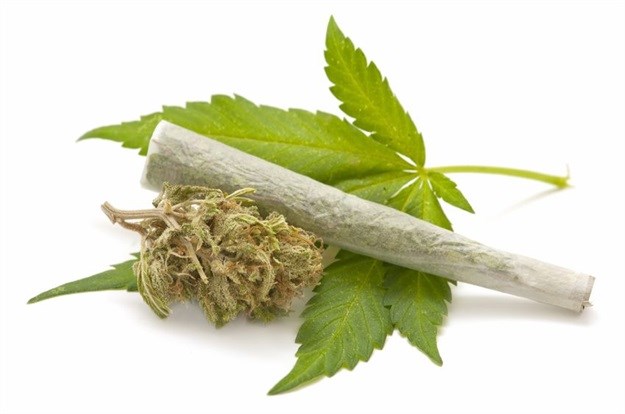
Top stories






More news


Marketing & Media
Ads are coming to AI. Does that really have to be such a bad thing?














But as the news spread, more reports emerged, and my own sources responded in the affirmative, it was apparent the news was true.
But before you slope off home and spark a joint, there are a few things that need to be understood...
Under our Constitutional law, the use of cannabis is still illegal, with the Medicines and Related Substances Control Act (Medicines Act) listing it as a schedule 7 drug. According to the Medical Control Council, "Schedule 7 substances are not recognised for medical use and have an extremely high potential for abuse or producing dependency which renders their possession unjustifiable and undesirable, except for limited scientific purposes..."
What today's High Court ruling has found is there are flaws in the Medicines Act, and the criminalisation and prosecution of adults (18+ years) found to be using marijuana for personal use in the privacy of their own homes, based on one's constitutional right to privacy. The panel of judges presiding over the case - Judges Dennis Davis, Nolwazi Boqwana and Vincent Saldhanha - believes there are more constructive ways to handling the situation than labelling adults who like to enjoy the odd joint at home as "criminals".
[107] ...The point of this judgment is that there are a multitude of options available to fight this problem as opposed to the blunt use of criminal law. It is precisely for this reason that this Court contends that less restrictive means must be employed to deal with the problem...
The judges' order, however, does not change the law at a constitutional level and it will be up to the ConCourt to decide to rule upon the findings and recommendations of the High Court and how to implement them.
[112] What this means for the present dispute is that it is not for this Court to prescribe alternatives to decriminalisation of the use of cannabis for personal use and consumption. It is for the legislature and executive to decide on a suitable option of alternatives which can be made after these have been the subject of a deliberative process which is inherent in the idea of Parliament. But as private conduct is prescribed by law, it is within the competence of a Court to hold that the impugned law fails to pass constitutional muster. To that extent, a Court plays a role in the overall response to the problems raised by the present dispute.
Despite declaring sections of the Drugs and Drug Trafficking Act and the Medicines and Related Substances Control Act invalid, the order stated: "This declaration of invalidity is suspended for a period of 24 months from the date of this judgment in order to allow Parliament to correct the defects as set out in the judgment."
This means that although the Court disagrees with sections of these particular Acts and has stated that they are unenforceable, they have also conceded that Parliament will need time to review and correct the necessary provisions, and have tasked them to do so within the next two years. The ruling has therefore been put on hold for the next two years and current law still stands.
What this means for your average adult though is this: you still can (and will) be arrested if you are caught in possession of, smoking, or growing marijuana at home.
In the interim though, the court has allowed for greater emphasis on personal defence - in that if you are arrested and charged, you will be able to cite a violation of your constitutional right to privacy and potentially be acquitted.